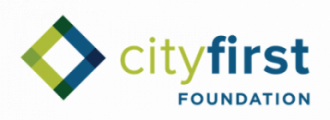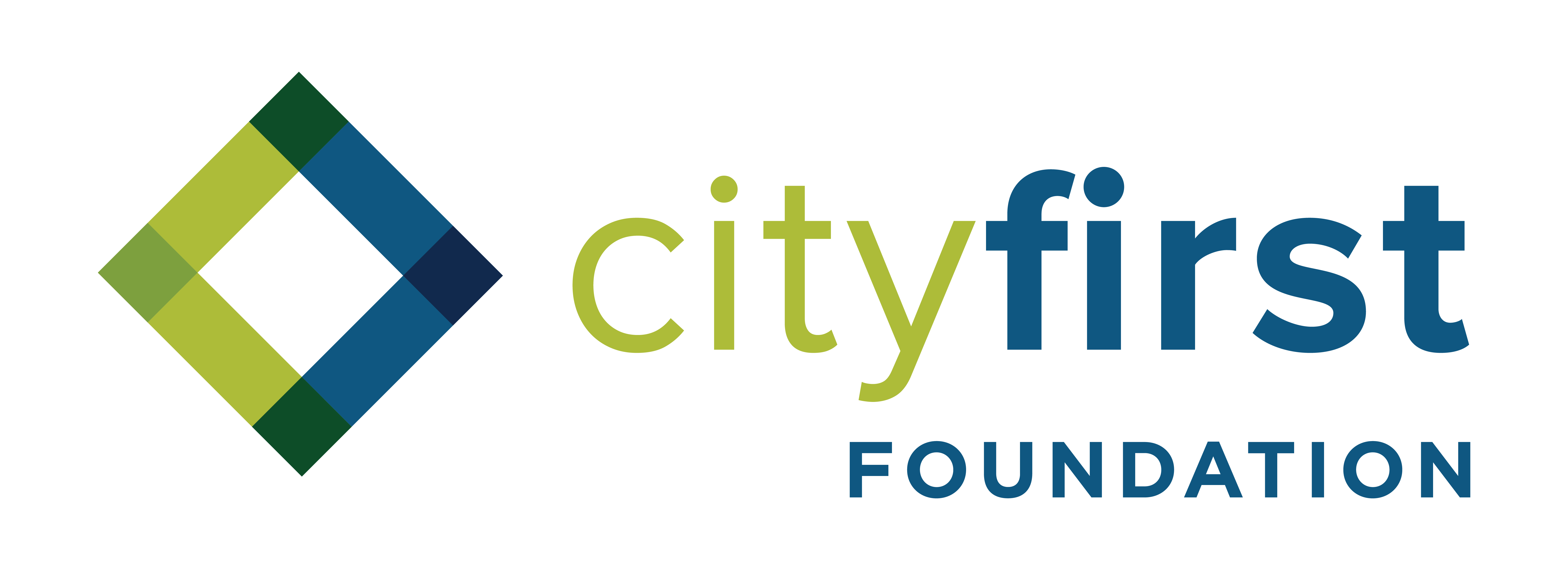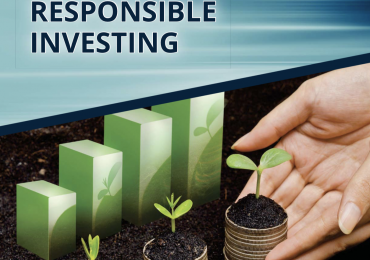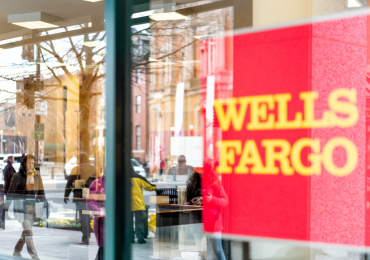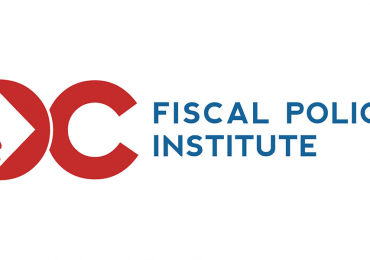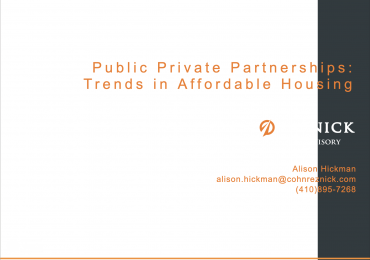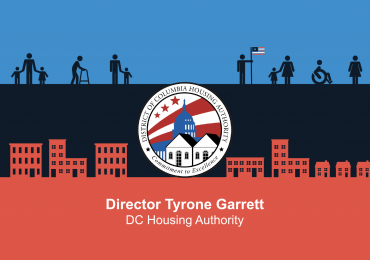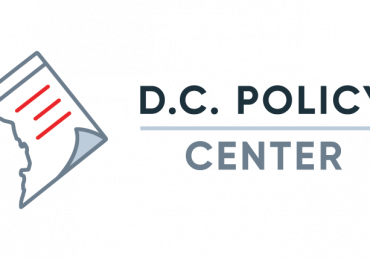The Future of Urban Resilience
THE FUTURE OF URBAN RESILIENCE December 7, 2018 / Key takeaways of the City First Community Development Finance Impact Forum/ Blog Socio-economic stresses in the form of racial inequality, housing instability, inequitable education, and toxic environmental exposure are increasingly felt by urban populations, and threaten the progress and resiliency of seemingly prosperous cities. Healthy urban infrastructures are critical to mitigating the impacts of man-made and natural disasters. Leaders from the public, private and nonprofit sectors must collaborate to develop holistic solutions that enable our cities to thrive in the face of change. Public, private and nonprofit sector leaders shared their…
